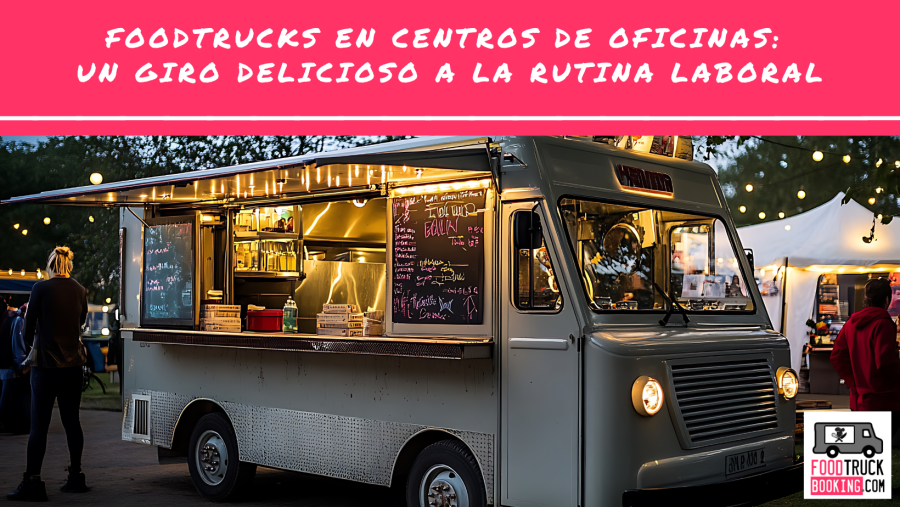Farm to Truck: How Food Trucks Are Championing the Local Food Movement
Posted on 10/21/2025 by FTB
From fresh-picked veggies to pasture-raised meats, food trucks across America are transforming street food into sustainable cuisine by embracing the local food movement. Discover how these mobile kitchens are supporting family farms, promoting healthy eating, and reshaping the relationship between food and community.




